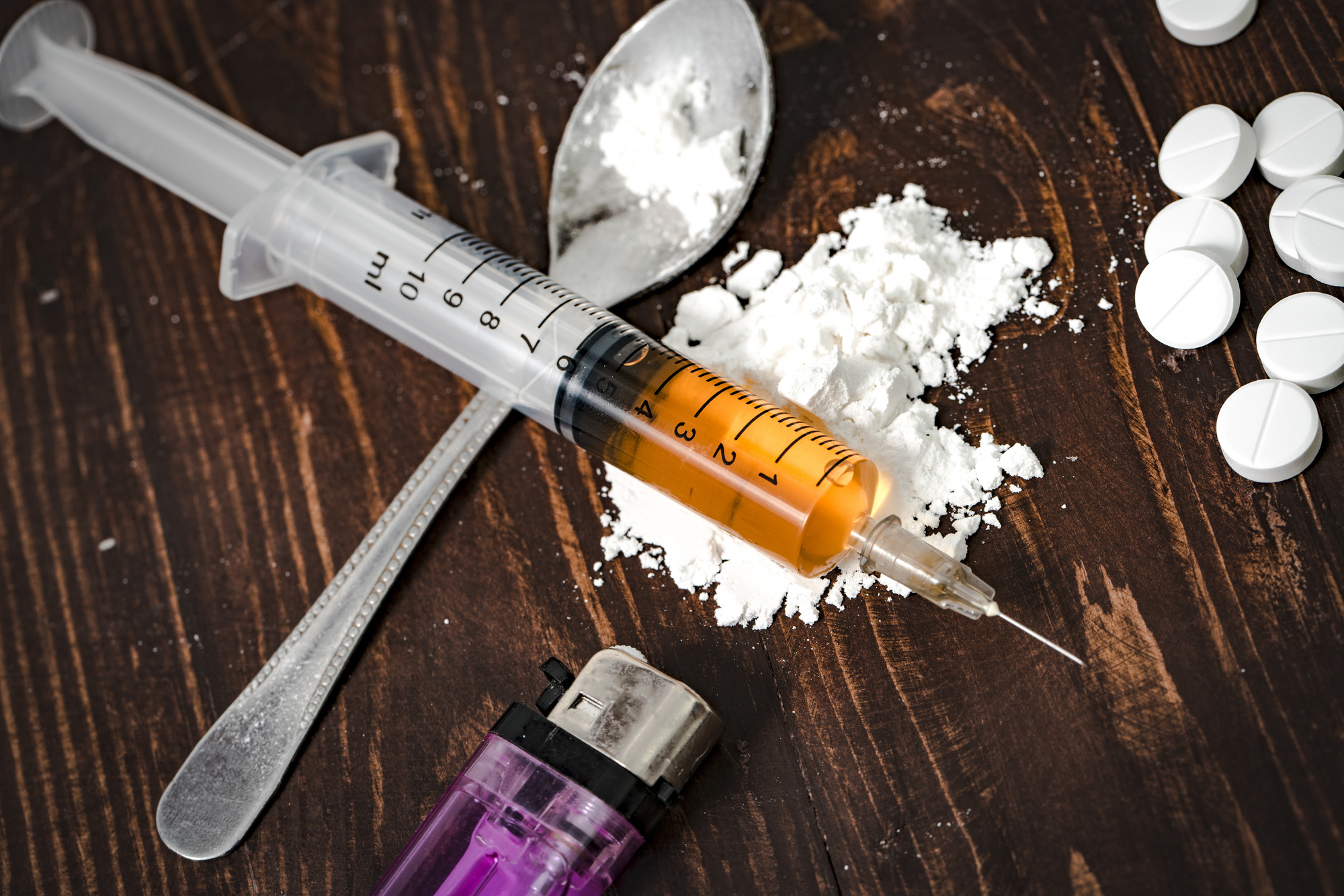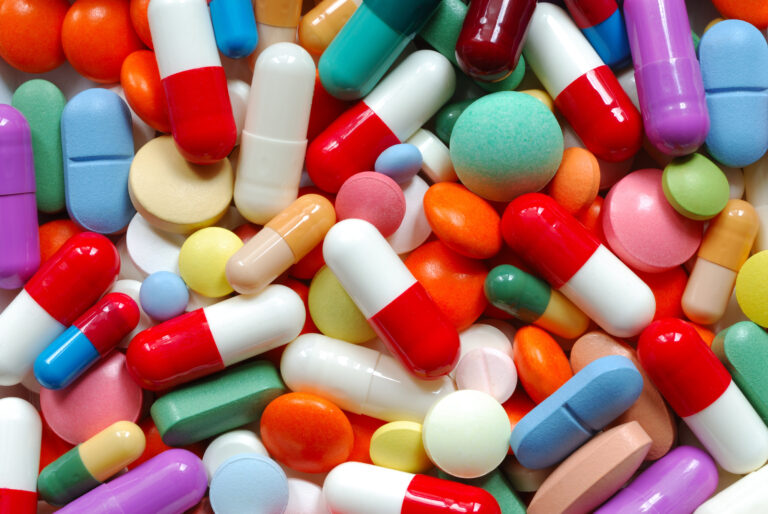The number of drug overdose deaths has quintupled over the past twenty years. The majority of these deaths involve opioids. While heroin addiction isn’t the largest opioid problem, it’s still an epidemic.
If you or a loved one uses heroin, it’s important to know the most common heroin addiction symptoms. You need to know when it’s time to seek help.
We’re here to talk about some of the top signs that someone is struggling with addiction. Read on to learn more.
1. Withdrawing from Friends and Family
One sign of a heroin addict is that they’re withdrawing from all of their friendships and relationships (aside from relationships with other people who either use or supply heroin).
There are several reasons why this happens.
First, many people who experience heroin addiction also experience shame. They know that what they’re doing is harmful, but they don’t know how to stop on their own. They may be afraid to let anyone else find out.
As a result, they remove themselves from others.
Another reason is a shift in priorities. Events and activities with friends and family members become less important than heroin use. The person who’s struggling with heroin addiction may not consciously want to spend less time with their loved ones, but their urges will begin to take over.
2. Needle Marks and Scabs
If you see needle marks or scabs on someone who’s also displaying other signs of heroin addiction, it’s a red flag.
Needle marks come from the syringes that the person is using to inject heroin. They’re often in the “ditch” of the elbow, but they can be anywhere with good vein access. They’ll often also be surrounded by bruises.
Scabs may be on the injection sites, but they may also result from the person struggling with addiction picking their skin. While heroin doesn’t necessarily result in skin picking, it does result in itchy skin which people will pick and scratch to relieve.
It’s common for people to hide their arms and legs when they have scabs or needle marks, so if your loved one is wearing full-coverage clothing even in warm weather, it’s a red flag.
3. Lack of Motivation
If you or a loved one is experiencing apathy, a lack of motivation, or even depression alongside the other symptoms, it may be a result of heroin addiction.
It may seem as though the person struggling with addiction doesn’t care about anything aside from their drug of choice. They may lose interest in their favorite hobbies, stop trying to reach career goals, or start doing poorly in school.
As we mentioned before, heroin addiction changes priorities. When the body is dependent on heroin, the person’s whole life starts to revolve around finding more of it.
Heroin can also cause fatigue. Even someone who cares about other activities and goals may seem as though they don’t because they no longer have the energy to participate.
4. Possession of Paraphernalia
Possession of drug paraphernalia isn’t necessarily a sign that someone is addicted to heroin, but it is a sign that they’re using it. When you pair this sign with others on the list, it’s an indication of heroin addiction.
So what type of paraphernalia should you be looking for?
Shoelaces (or other strings), burnt spoons, syringes, and glass pipes are all common tools for heroin use. They can also be used for other drugs.
5. Mood Instability
People who struggle with addictions of all types often display mood instability. If you or your loved one has been more volatile recently, it could be a sign that they’re in need of treatment for heroin addiction.
People who are currently under the influence of heroin may seem upbeat, happy, and even euphoric (though they may also be sleepy depending on how much they used).
People who are going through withdrawal will be aggressive, sad, angry, or otherwise emotionally dysregulated. They may struggle with interpersonal interactions and respond with hostility or indifference.
6. Weight Loss
Many people who abuse heroin end up losing a lot of weight. While heroin alone won’t cause weight loss, people who are addicted to it will start to pay less attention to their health. They will prioritize the drug over food and this will result in unhealthy weight loss.
People who struggle with heroin addiction may eat more fast food and other unhealthy foods, but they’ll eat less. Opiates, like heroin, reduce appetite.
7. Hallucinations and Paranoia
Hallucinations and paranoia are serious symptoms of heroin addiction. They can become dangerous quickly.
Hallucinations and paranoia are signs that someone is in withdrawal from heroin (which means that they’re addicted to it). They can also be the result of substance-induced psychosis.
Someone struggling with hallucinations or paranoia may hear voices, see things that aren’t there, remember things that never happened, and distrust their loved ones.
8. Visible Heroin Addiction Symptoms
There are a few visible symptoms you can look out for if you suspect someone is using heroin. These symptoms are only “active” while someone is on heroin, so someone may still be addicted even if they’re not showing them.
Constricted pupils, warm flushed skin, dry mouth, “nodding off,” and slurred speech are all signs that someone is under the influence of heroin or another opiate.
This may not mean that they’re a heroin addict, but it does mean they need help.
Have You Seen the Signs of Heroin Addiction?
If you’ve noticed these heroin addiction symptoms in yourself or a loved one, it’s time to seek help. Recovery is a challenge, but it’s one of the best things you can do for your long-term health.
At Altitude Recovery Community, we want to help our patients thrive. We take a personalized approach to addiction treatment because there’s no one-size-fits-all solution.
If you’re ready to seek help for yourself or a loved one, contact us today.



